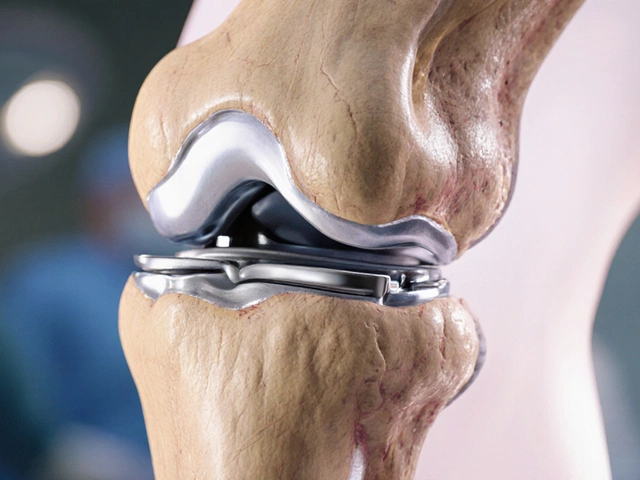Organ Shutdown: What It Is and How to Protect Yourself
When a vital organ suddenly stops working, the term organ shutdown pops up in headlines and doctor visits. It can sound scary, but understanding the basics helps you act fast and keep your body running smoothly. In this guide we break down the main reasons organs fail, the symptoms that warn you something’s off, and simple steps you can take to lower the risk.
Common Causes of Organ Shutdown
Most organ shutdowns aren’t random— they usually follow a chain of events. The biggest culprits are:
- Severe blood loss or clotting. When blood can’t reach an organ, it starves for oxygen and shuts down in minutes.
- Infections. Bacterial or viral attacks (think sepsis or hepatitis) can overload an organ’s ability to filter toxins.
- Trauma. Accidents that crush or puncture an organ often lead to immediate failure.
- Chronic disease. Diabetes, hypertension, and long‑term liver disease wear down organs over years, making a sudden shutdown more likely.
- Toxins and drugs. Over‑dosing on medication, alcohol, or exposure to chemicals can poison the liver, kidneys, or heart.
Knowing which risk factors apply to you lets you focus on prevention—regular check‑ups, controlled blood pressure, and safe medication practices are key.
How to Spot the Signs and React Quickly
Early detection saves lives. Look for these red flags, and don’t wait to call a doctor:
- Unexplained fatigue or weakness. Your body may be compensating for a struggling organ.
- Sudden swelling. Fluid buildup in legs, abdomen, or face often signals kidney or liver trouble.
- Changes in urine or stool. Dark urine, blood, or pale stools can point to liver or kidney issues.
- Chest pain, shortness of breath, or irregular heartbeat. These are classic heart‑related shutdown warnings.
- Confusion or disorientation. When the brain isn’t getting enough oxygen or glucose, organ failure may be brewing.
If any of these appear, grab emergency help right away. While waiting for medical assistance, keep the person lying flat, monitor breathing, and avoid giving food or drink unless a professional tells you it’s safe.
After the crisis, follow up with lifestyle tweaks: eat a balanced diet rich in antioxidants, stay hydrated, limit alcohol, and keep regular appointments with your primary physician. Small changes add up and give your organs the support they need to stay functional.
Remember, organ shutdown isn’t inevitable. By staying aware of risk factors, watching for warning signs, and acting fast, you give your body the best chance to recover and stay healthy.





